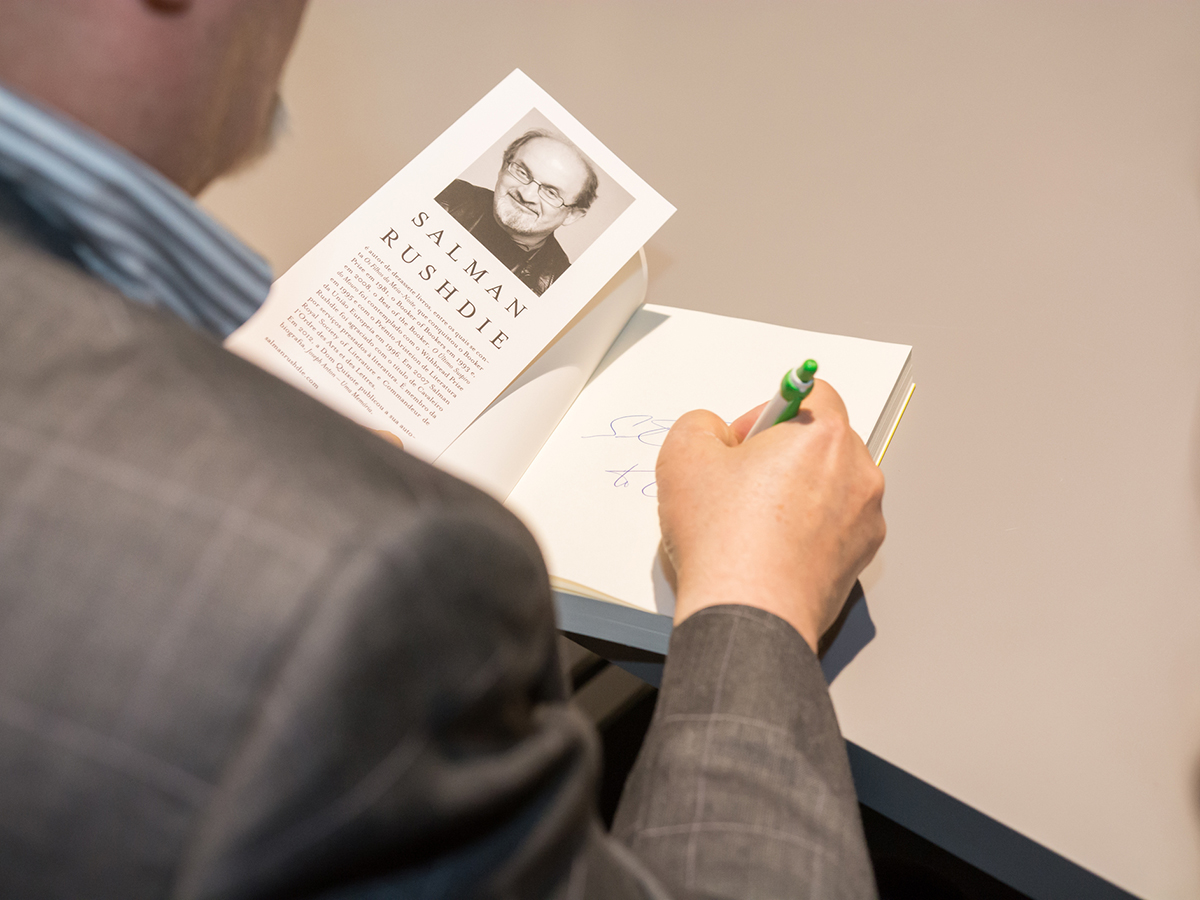
September 15, 2021
I was obsessed with science as a kid. That obsession started with dinosaurs, as it so often does, then quickly spread to geology, astronomy, zoology, chemistry, physics, and more. These days, my favorite books to read are almost always fantasy novels, replete with wizards, elves, magic swords, orcs and Dark Lords, death-defying quests, epic battles, and—of course—dragons.
So, how does someone go from an obsession with the natural world to wholeheartedly embracing the imaginary realms of magic and all things unreal? For me, it started nearly two decades ago when I went to see Peter Jackson’s The Fellowship of the Ring. At the time, I was only vaguely aware of J. R. R. Tolkien, but from the moment the house lights dimmed, and the film started to roll, I was absolutely hooked.
Before Tolkien published The Lord of the Rings, he wrote one of the most famous essays on fantasy that is still cited in literary criticism today, titled “On Fairy-Stories.” You can find it included in Tales from the Perilous Realm. It’s a brilliant essay, part of which is a defense of fantasy as a worthwhile endeavor. Tolkien also explores the function of “recovery” in fantasy. By recovery, he means that fantasy, by its very nature of presenting us with unreal things in a context where they’re presented as a normal part of that world, can actually get us to reflect back on our own world and see familiar things with fresh eyes, giving us a new perspective and maybe even an unexpected sense of wonder.
Like most literary genres, “fantasy” defies simple definition. It can be broken up into at least a dozen subgenres, each with their own conventions and quirks. But at their core, fantasy novels feature things that are unreal or not possible in our own world. They come in flavors as extreme as “high fantasy” epics set in wholly invented “secondary worlds,” like Middle-earth, or stories set in our own “primary” world with at least some magical elements, as is the case with Harry Potter (often referred to as “low” or “domestic” fantasy).
Looking for something a bit off the beaten path? There’s urban fantasy, where the action takes place in modern cities and usually explores the friction between magical and non-magical forces/societies (i.e. The Dresden Files by Jim Butcher). Portal fantasy is also very popular, in which characters step through some kind of door and travel from our ordinary world to a fantastic secondary world. Or, if you’d like something dark and gritty, grimdark may be the subgenre for you—be prepared for intense violence, amoral characters, and bleak worlds where good is always in short supply.
So, if you haven’t considered fantasy before, or if you’ve tried it in the past and didn’t enjoy it, I encourage you to explore this curated list of my top 10 favorites from throughout the genre. And if nothing hits home for you, ask an MCPL staff member, and we’ll try to find something that does!
Steven K.
South Independence Branch
Read Similar Blogs:
Books and Reading







